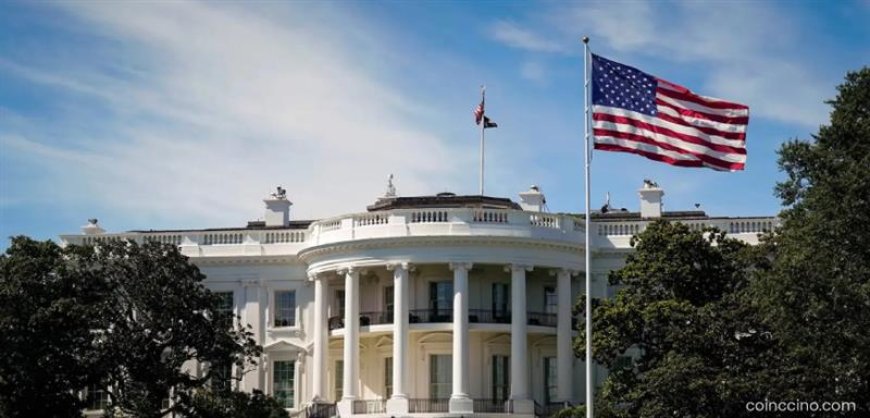U.S. Senate Moves to Reopen Government After Weeks of Shutdown
The U.S. Senate has approved legislation aimed at ending a protracted government shutdown, marking a key policy shift and bringing temporary relief to halted services.

Market Context
Government shutdowns tend to amplify uncertainty across financial markets, including cryptocurrency and blockchain-adjacent sectors. Delays in regulatory oversight, stalled approvals, or suspended government services can weigh on investor confidence. The Senate action may reduce near-term policy risk, potentially stabilizing conditions for markets such as crypto, which are sensitive to macro and political disruptions.
Technical Details with Attribution
- On November 10, 2025, the United States Senate approved a bill to re-open government financing, with a vote of 60–40 in favor.
- The measure extends funding to end-January 2026 and reverses recent federal employee dismissals, while guaranteeing back pay for affected workers.
- The procedure was advanced following bipartisan discussions and a test vote that cleared procedural hurdles.
Analyst Perspectives
Some analysts regard the Senate decision as a short-term relief that reduces policy uncertainty and may encourage cautious re-entrance by investors hesitant due to political volatility.
Others argue that while the vote provides breathing space, substantial policy risk remains — especially as longer-term budget negotiations, healthcare subsidy decisions, and broader fiscal rules are yet unresolved. Market participants may view this as a pause rather than a full reset.
Global Impact Note
The U.S. is a critical epicenter of political risk for global markets. A resolution to the shutdown tends to echo beyond domestic equities — rippling into forex, commodities, and risk-sensitive classes like crypto. Crypto markets in Asia, Europe, and elsewhere may benefit from reduced headline risk, but will continue to monitor U.S. regulatory developments tied to infrastructure, taxation, and fintech oversight.